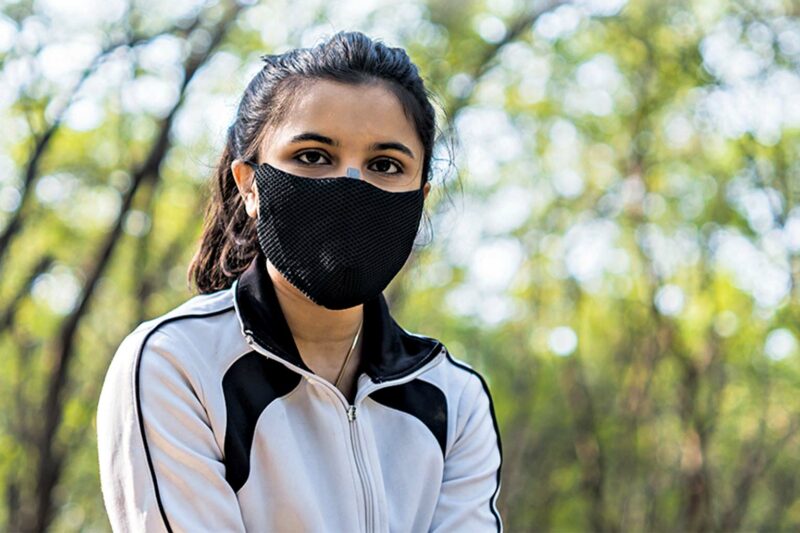

Towards the end of 2023, there was a surge in the number of COVID-19 cases in India.

According to data from the Union Health Ministry, the active COVID-19 cases in the country crossed 4,000 as of December 26. JN.1, a new Omicron sub-variant, was responsible for this surge and has also been found in other countries including the USA and China.
As the spread of JN.1 and other variants sparked concerns across India, the central government advised state governments to undertake various measures to tackle the upsurge. State governments have been asked to constantly monitor the COVID situation, ensure efficient testing and enhance healthcare facilities and preparedness.
The JN.1 variant was designated as a ‘variant of interest’ by the World Health Organisation (WHO) and the organisation stated that the variant posed a low risk to people. The symptoms of the new variant include sore throat, runny nose, fever, teary eyes, fever, fatigue, body ache and gastrointestinal issues. According to experts, no additional dose of vaccine is required against JN.1 presently. However, the public needs to take steps to avoid being infected.
The following precautions should be taken to avoid the spread of COVID-19:
While the government takes steps to curb the spread of the virus, each one must take responsibility for their health and safety.





